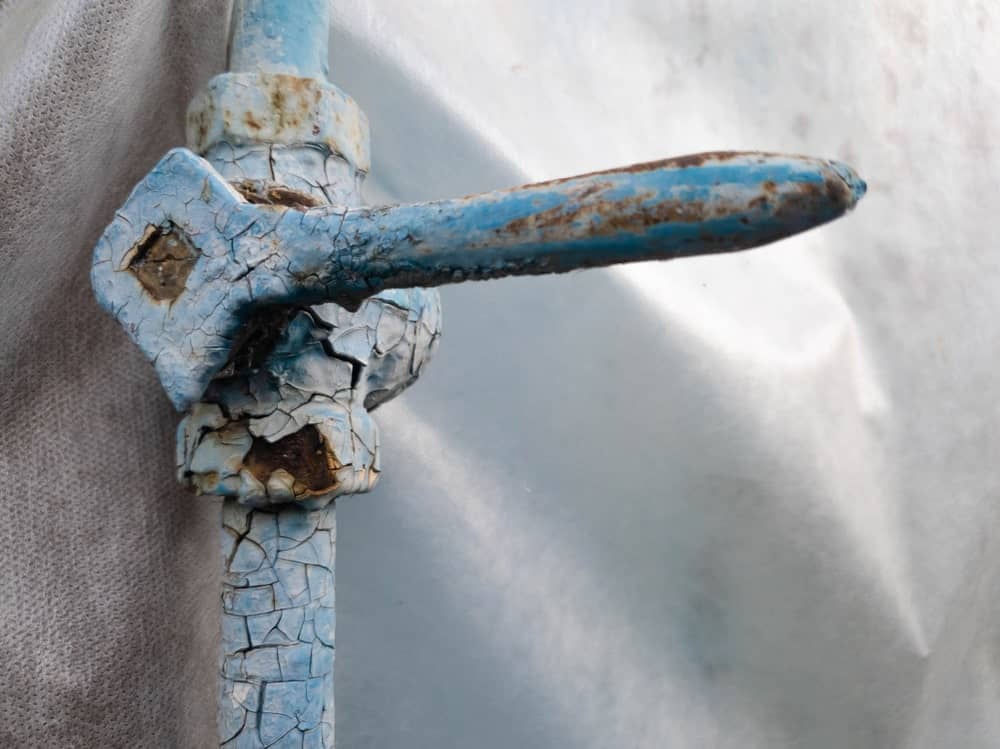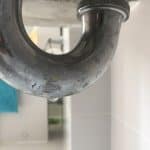For years, Australians have used gas in their households. And while the use of gas is entirely safe, a gas leak poses the threat of explosion or fire occurring, putting lives and houses at risk. Any gas line or pipe can break, crack or leak. Changes in the condition of your gas piping can result from shifting soil, corrosion underground, tree roots growing and compromising, and many other common causes. Sometimes homeowners have no idea there is an issue until it’s too late. But what do you do if you suspect a gas leak in your home?
Read on to learn more about gas leaks from JCS Plumbing’s experienced gas fitters in Perth.
Catching a gas leak before it’s too late
You may remember the smell of rotten eggs from high school science class. That sulfurous odour is one of the most common signs of a gas leak. If you can smell it – call a licensed gas fitter immediately. JCS Plumbing’s expert team can assess your gas line and determine the next steps.
Other common signs of gas leaks include:
- hissing or whistling sounds near the line
- clouds of dust or white mist near the line
- Bubbles in your water
- Dead houseplants
- Visible damage to your gas line, pipe, or the ground around it
Another sign you may have a slow leak is a higher-than-normal gas bill.
Physical Symptoms of a gas leak
If gas has been leaking for a while without being identified, you may experience some of the following symptoms. These are serious, and you shouldn’t ignore them. Signs and symptoms may include:
- Difficulty breathing or chest pain
- Dizziness
- Fatigue or frequent, heavy drowsiness
- Headaches
- Light-headedness
- Eye or throat irritation
- Nausea
- Nosebleeds
- Ringing in ears
- Decreased appetite
- Mood changes or depression
- Other flu-like symptoms.
If even one person shows symptoms like these, get professional help immediately.
Furry friends
Your family pets may display symptoms of a gas leak before you do. If you notice changes in behaviour, disorientation, red or watering eyes, vomiting, lack of appetite, or any other strange symptoms or behaviour, take them straight to the vet, and call an emergency plumber.
What to do if you suspect a gas leak?
If you suspect a leak and witness any potential gas leak symptoms, don’t wait.
Take these steps:
- Immediately evacuate your home: don’t wait, don’t take any risks. Even a minor leak can lead to potentially deadly carbon monoxide poisoning, fires, and explosions.
- Stop using all electrical devices: a spark from an electrical device, phone, or light can be enough to ignite even a small gas leak. Don’t touch any electrical devices—even light switches. If something is on, leave it on. If it’s off, leave it off. Leave everything as is and go as turning an electrical item off or on can cause a spark.
- Leave your doors open: this can help some of the gas escape and help curb the risk to your home and property.
- Call your gas provider and 000: once you’re at a safe distance from your home, call 000 and your gas company. Once they’ve arrived at the scene and made it safe, they’ll inspect your property, your gas line and ensure everything is okay for you to return.
- Call JCS Plumbing: once any emergency is over, call JCS Plumbing. Our expert gas fitters in Perth can assess your current gas line and pipes and advise you of the safe, practical next steps. We may recommend preventative measures, such as ongoing regular line maintenance to avoid future gas emergencies.
Why choose JCS Plumbing a Gas Fitters in Perth?
Our 15 years of experience have given us a reputation as one of Perth’s most reliable services for your water and gas plumbing needs. Our high-quality, 24-hour plumbing service means we are always ready to help, no matter the time or the situation.
Contact JCS Plumbing and let us perform an expert gas line evaluation. We’ll help curb future leaks and keep your lines running effectively, efficiently, and safely by identifying potential risks. If you are even slightly unsure about whether you have potential gas leaks, don’t take a chance; call us immediately.
Call us today for an obligation-free quote, and we’ll figure out the best way to help you!




You may use these HTML tags and attributes:
<a href="" title=""> <abbr title=""> <acronym title=""> <b> <blockquote cite=""> <cite> <code> <del datetime=""> <em> <i> <q cite=""> <s> <strike> <strong>